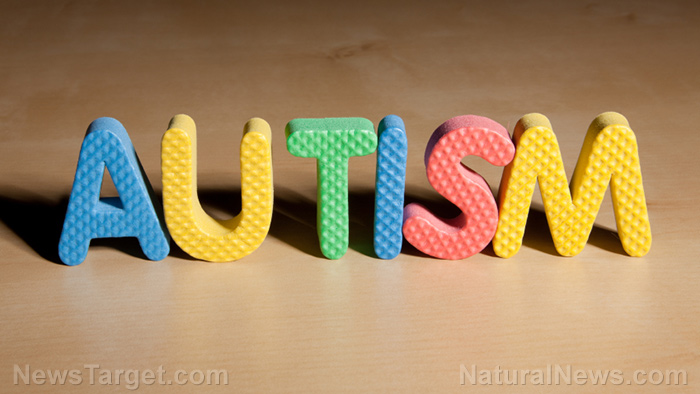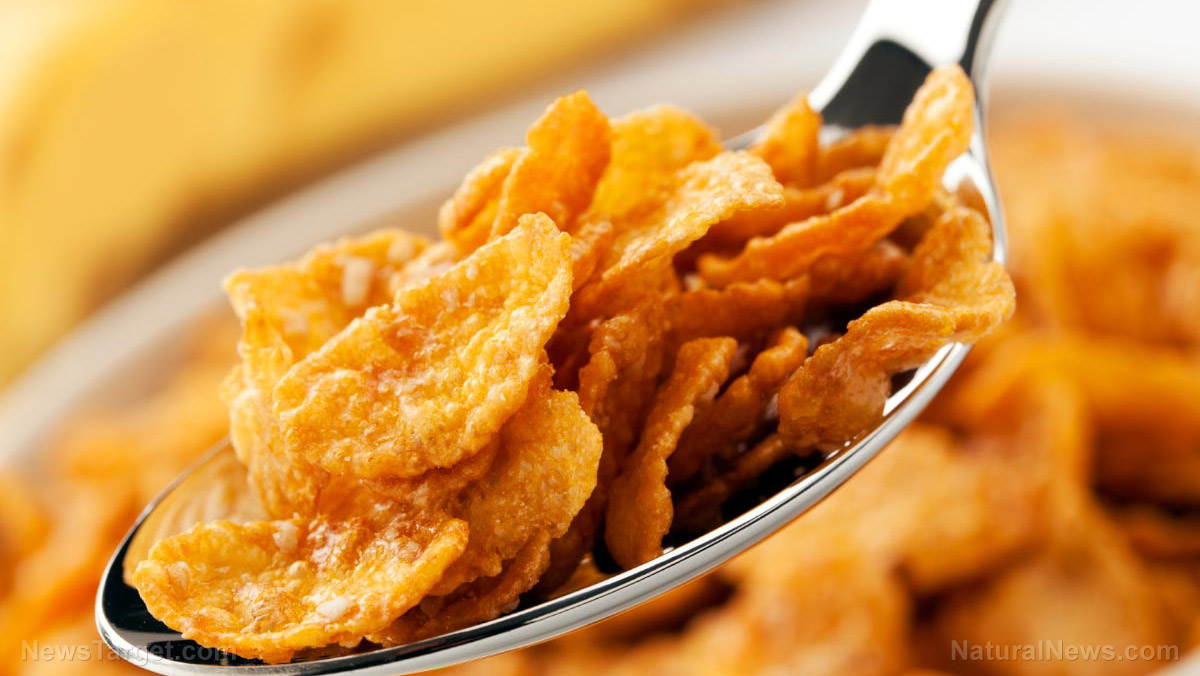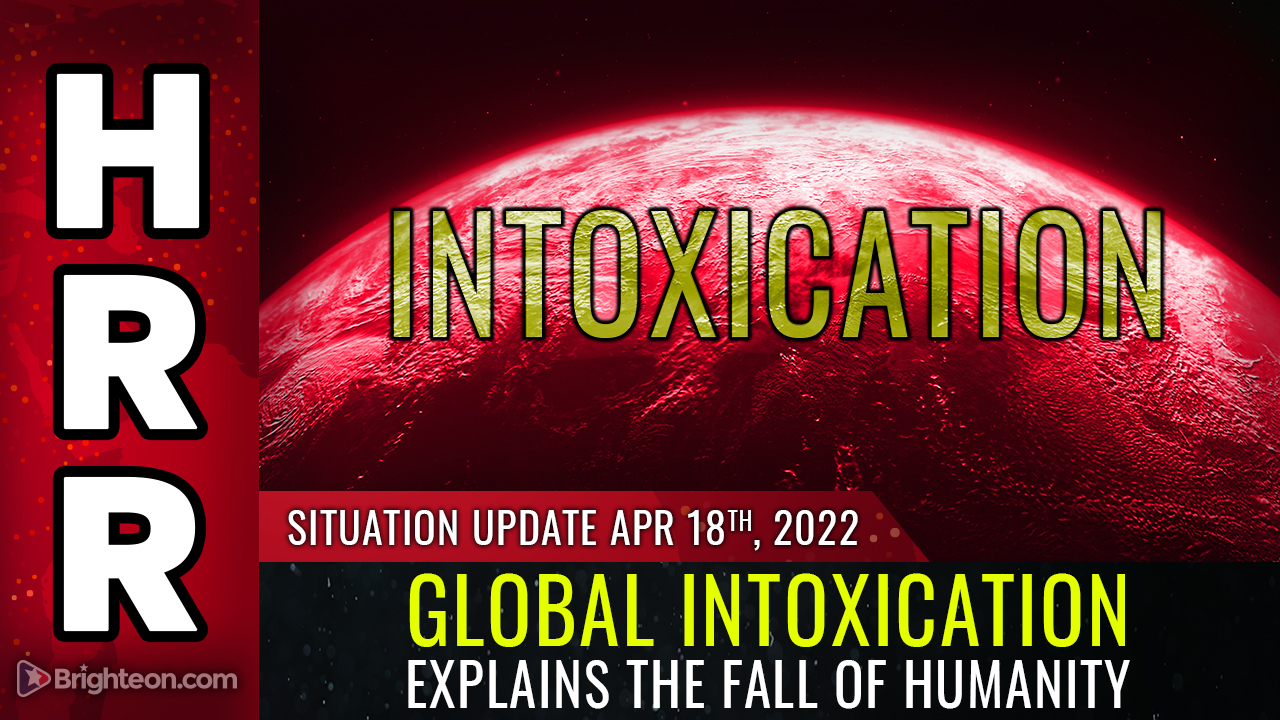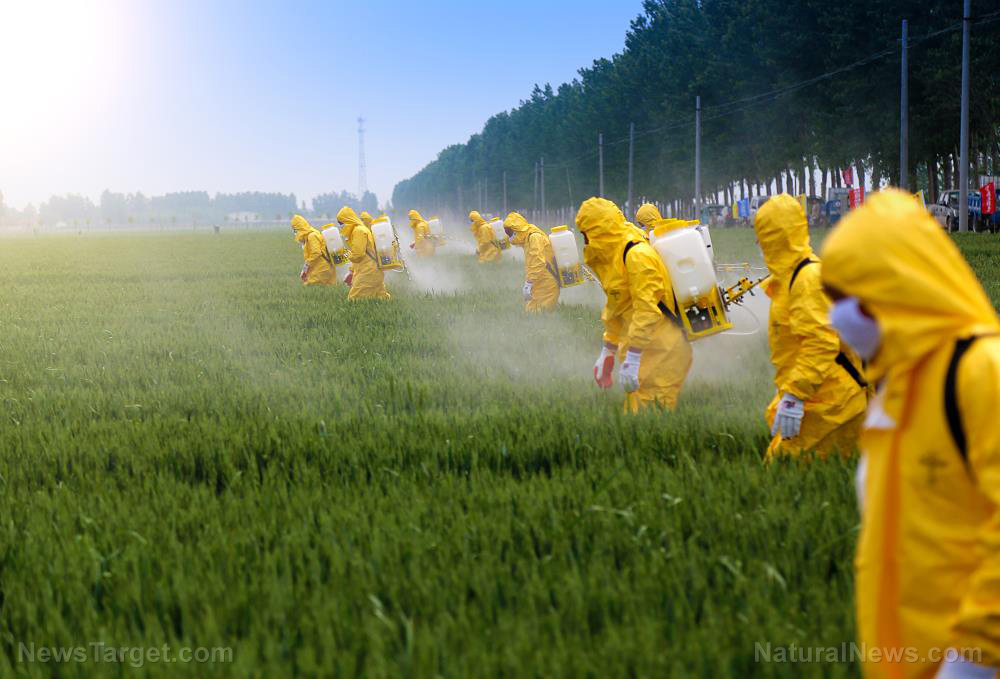Lawsuit claiming heavy metals in baby food are causing autism and ADHD given green light to proceed
06/16/2022 / By Ethan Huff

Judge Amy D. Hogue for the Superior Court of the State of California has ruled that plaintiffs in a case against baby food manufacturers have provided enough valid evidence to argue that baby food products can cause autism spectrum disorder and attention deficit-hyperactivity disorder (ADHD) in children.
The ruling is a response to a lawsuit filed back in September by the parents of Noah Cantabrana, who is now eight, alleging that Noah developed both autism and ADHD after consuming baby food products from the following companies:
- Beech-Nut Nutrition Company
- Gerber Products Company
- Hain Celestial Group, Inc. (Earth’s Best Organic)
- Nurture, Inc. (Happy Family Organics and Happy Baby)
- Plum, PMC (Plum Organics)
- Sprout Foods, Inc. (Sprout Organic Food)
- Walmart – Parent’s Choice
The legal filing claims that all of these baby food manufacturers knew that their products contained high levels of heavy metals when they sold them to parents like those of little Noah, who is now damaged.
The Cantabrana family’s case represents the first personal injury lawsuit related to heavy metals in baby foods in California. It is the first case of its kind in the entire country to proceed to trial. (Related: There have been lawsuits in the past alleging lead in baby food products.)
Is your child’s baby food safe?
According to the Baum Hedlund law firm, which is representing the Cantabrana family, a Sargon hearing that took place earlier this year “allows the legal teams for the plaintiffs and the defendants in a lawsuit to present their experts and educate the court on the science that underpins their arguments.”
Sargon, by the way, refers to the California Supreme Court case Sargong Enterprises, Inc. v. University of Southern Cal. (2012) 55 Cal.4th 747.
“This type of hearing encourages courts to act as the gatekeeper for which scientific evidence is admissible in court,” reports The Defender.
In short, Judge Hogue ruled, after splitting the Sargon hearing into two parts, that all experts for the plaintiffs used sound logic and valid methodologies to argue that heavy metals, which are present in baby food, cause both autism and ADHD.
An investigation conducted by the U.S. House Committee on Oversight and Reform’s Subcommittee on Economic and Consumer Policy led to the publishing of a report issued Feb. 4, 2021, revealing high levels of toxic heavy metals in baby food. This immediately sparked a wave of lawsuits, including the Cantabrana suit.
“I was just, like, blown away,” said Melissa Cantabrana, Noah’s mother, in an interview with “Spotlight on America.”
“It made me really angry … to think that these heavy metals are in baby food. And I immediately thought we don’t have autism in our family. I instantly knew this is it.”
Even before that report was issued in early 2021, the U.S. Food and Drug Administration (FDA) reportedly knew about the presence of heavy metals in baby food products but failed, as usual, to take any kind of meaningful action to protect children.
The largest-ever analysis of baby foods, which was conducted by Ellipse Analytics in Denver, revealed that baby food products are loaded with toxic heavy metals. Of the 168 baby food products tested, an astounding 95 percent of them contained at least one of the “big four” highly toxic heavy metals: inorganic arsenic, cadmium, lead and mercury.
Many of the products contained two or more of these metals, all of which are known neurotoxins that “particularly affect neurodevelopment and intellectual performance.”
“Exposure to toxic heavy metals causes permanent decreases in IQ, diminished future economic productivity, and increased risk of future criminal and antisocial behavior in children. Toxic heavy metals endanger infant neurological development and long-term brain function,” the subcommittee report later added.
To learn more about heavy metal toxicity in food, check out Toxins.news.
Sources for this article include:
Submit a correction >>
Tagged Under:
adhd, autism, baby food, brain damage, brain health, clean food watch, grocery, infant's health, lawsuit, metals, products, toxic ingredients, toxins, trial
This article may contain statements that reflect the opinion of the author
RECENT NEWS & ARTICLES
StopEatingPoison.com is a fact-based public education website published by Stop Eating Poison Features, LLC.
All content copyright © 2018 by Stop Eating Poison Features, LLC.
Contact Us with Tips or Corrections
All trademarks, registered trademarks and servicemarks mentioned on this site are the property of their respective owners.




















